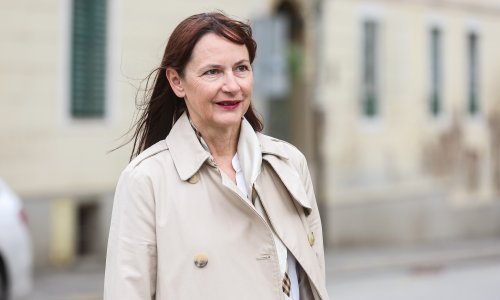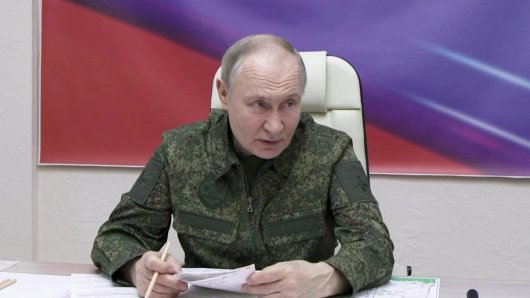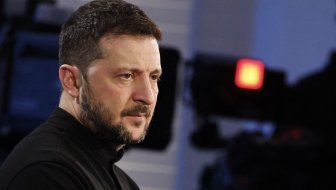There is no official notification that the South Stream project for delivery of Russian gas to central Europe will bypass Croatia. I was not informed as such when I was in Brussels last week at a meeting of potentially relevant countries to discuss the project. There was no definite information that the project would go ahead at all either as the Russian and European sides have not harmonised their positions yet, so the matter is by no means over, First Deputy Prime Minister Radimir Cacic said on Monday.
Mr. Cacic was responding to journalists after a meeting with a delegation of businessmen from Azerbaijan. Cacic added that if the project was to go ahead Croatia would still in some way be included as it would be offered a lateral branch of the trunk pipeline, he said.
The problem lies in the fact that a few years ago Croatia rejected an offer to be part of the trunk pipeline of that project which was why Russia turned to conducting negotiations with Hungary, Serbia and some other countries, according to the Croatian minister.
Had we accepted the offer then, the EUR 600 million pipeline would have gone through Croatia with Croatia investing EUR 300 million and then we could have charged an allowance for passage through our country and collected between 20-25 million euro a year. Thus, the investment would have paid off in 12 years' time, according to Cacic.
That is why, during my recent visit to Russia I urged that the issue be reconsidered because of the advantages Croatia has to offer, Cacic said. Despite the Russians investigating this possibility here and in Hungary, we have not received any official feedback, he added.
Asked about the current situation regarding the LNG terminal in Omisalj, Mr. Cacic said that the project had been taken over by a foreign consortium and would be re-initiated by the summer of 2013. There is a great deal of interest in the project in an effort to diversify gas supplies as alternatives to Russian gas.
According to him, consultants in this project have been proposed and financed by the European Commission and Croatia expects the Commission to support the LNG Omisalj between 25-45% of the project through its funds.
Mr. Cacic agreed that Croatian citizens were now bearing the brunt of poor business performance by the country's electricity company (HEP), by paying higher heating prices, and he explained that the problems were not just due to bad business practise but poor politics at higher levels for the past twenty years.
Had investments into HEP occurred earlier, this company could have released its stocks much sooner on the foreign market as it did last week and measures like these would now not be necessary, he said.





































